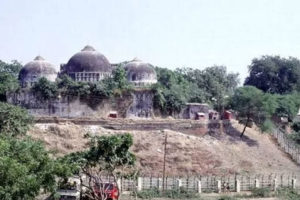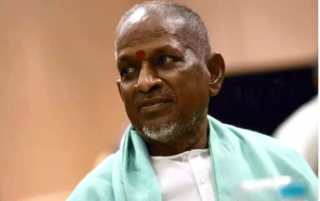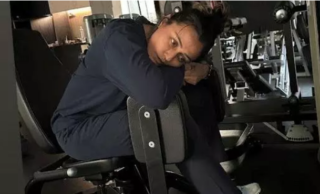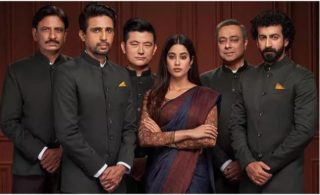 Disputed land will now be given to Hindus
Disputed land will now be given to Hindus
Supreme Court said – Sunni Waqf board to get 5 acre of land.
Centre has 3 months to set up board of trustees
Supreme Court said – Sunni Waqf board to get 5 acre of land.
Possession of inner and outer and will be given to trust
The judgement has been made unanimously with five-judge Constitution bench, headed by CJI Ranjan Gogoi and comprising Justices S A Bobde, DY Chandrachud, Ashok Bhushan and S Abdul Nazeer.
Muslims will get land which does not include inner courtyard on which the masjid once stood. Either from 67 acres or at a suitable prominent place.
All five judges have given concurrent judgement
Government will form trust for temple construction and Muslim will get suitable plot for Masjid – Bottom line.
SC dismisses Nirmohi Akhara suit and Shia petition challenging 1945 order
Chief Justice of India Ranjan Gogoi while reading out judgement: This court must accept faith and accept belief of worshippers. Court should preserve balance.
A huge structure like a temple under the masjid can’t be basis of claiming ownership now.
Unanimous judgement by 5-judge bench for AYODHYA VERDICT, says CJI Ranjan Gogoi
There is adequate material in ASI report to conclude the following:
Babri Masjid not constructed on vacant land. There was a structure underlying the disputed structure.
The underlying structure was not an Islamic structure, Supreme Court.
Hindus consider Ayodhya as birthplace of Lord Ram,they have religious sentiments,Muslims call it Babri mosque. Faith of Hindus that Lord Ram was born here is undisputed: CJI Ranjan Gogoi.
There is evidence that Ram Chabutra, Sita Raso was worshipped by the Hindus before the British came, says Supreme Court.
Muslims offered prayer inside the inner courtyard while the same was done by Hindus in the outer court yard, says Supreme Court.
Since morning, Section 144 in Mumbai, UP, Jammu and Kashmir and some part of Delhi, Cyber arrests in Andhra Pradesh as cops keenly monitored the discussions on social media.























